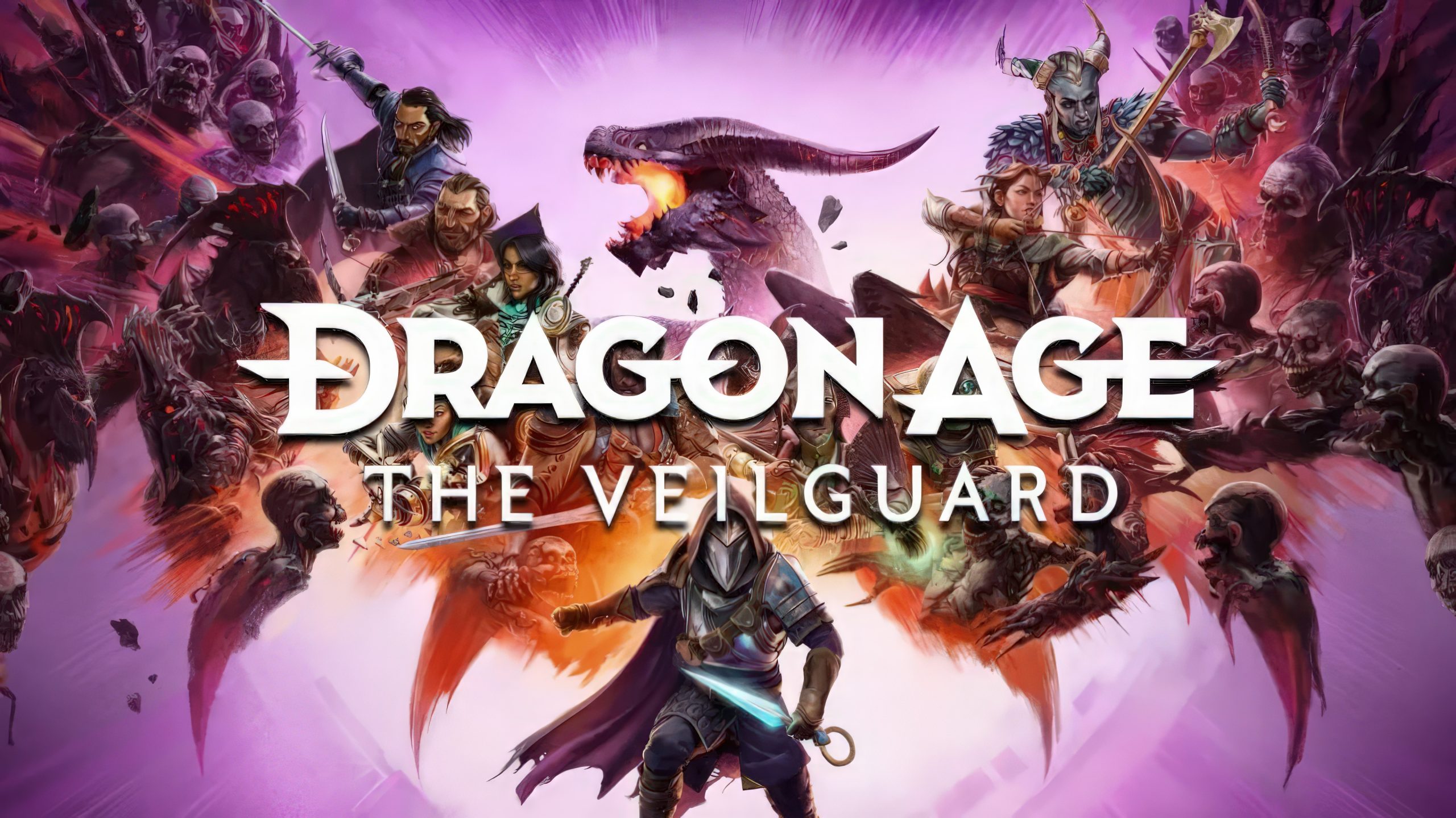The development of Dragon Age: The Veilguard has been nothing short of tumultuous, with EA’s interference and their attempt to force BioWare into the live-service model being the primary culprit behind the game’s troubled journey. A recent Bloomberg report by Jason Schreier dives deep into the development challenges the game faced, including EA’s constant push to transform BioWare into a studio focused on multiplayer experiences.

Despite high hopes for the game, Dragon Age: The Veilguard, released on October 31, 2024, didn’t quite live up to expectations. While some, like Wccftech’s Alessio Palumbo, praised the game at launch, many players were left disappointed by the final product, especially when it came to the story. BioWare, known for its strong narrative-driven games, failed to deliver a compelling story, which was a major letdown for many fans.
Even though the game broke records for EA’s single-player games, it still fell short of the company’s expectations. EA reported that the game only reached 1.5 million players by January 2025, a far cry from the anticipated numbers. This underperformance led to several layoffs at BioWare, with many questioning the studio’s future. Schreier’s report reveals just how much the game’s development was derailed by EA’s focus on live-service elements, even as BioWare was forced to pivot back to a single-player experience in the final stages of development.
At the heart of The Veilguard’s issues was the shift in direction. Initially conceived as a multiplayer game, The Veilguard spent several years in development as a live-service title before EA’s executives demanded it be reworked into a single-player experience. This abrupt shift happened just a year before the game’s release, forcing BioWare to overhaul much of the game in a very short period. The result was a rushed product that didn’t meet the standards that fans had come to expect from the studio.
Gary McKay, the current head of BioWare, acknowledged that the shift was ultimately for the best, as it brought the studio back to what it does best: creating single-player experiences. However, the damage was done. The game’s narrative, including its awkward dialogue and lack of meaningful player choices, reflected the difficulties of switching course mid-development.
Despite the delay and the additional time spent on development, the changes to the game’s core mechanics and storytelling were so significant that they couldn’t be fully undone in the time available. Elements of the game’s multiplayer origins, like its snarky dialogue, were hastily adjusted following the backlash to Forspoken’s writing, but the damage was already done. The narrative choices, which were one of the hallmarks of previous Dragon Age games, felt tacked on and unsatisfying.
As of July 2024, BioWare claimed that the lengthy development process was due to their desire to get the game “right.” However, Schreier’s report makes it clear that the studio’s extended timeline wasn’t spent perfecting a single-player experience, but rather trying to make a multiplayer game fit into a single-player mold. It was clear that BioWare was caught in a difficult position, attempting to balance EA’s demands with the needs of its fans.
The report ends with a somber note from industry analyst Doug Creutz, who suggested that EA might consider shuttering BioWare if the studio doesn’t turn things around. With over a decade since BioWare’s last true hit, it’s not entirely out of the realm of possibility. The Veilguard’s release serves as another cautionary tale of how corporate interference can ruin even the most beloved franchises, turning a potential success into a troubled and disappointing release.
In the end, The Veilguard stands as a symbol of EA’s obsession with live-service games, and the damage it caused to BioWare’s creative integrity. While some aspects of the game were still enjoyable, it’s impossible not to wonder what might have been if EA had let BioWare stay true to its roots.